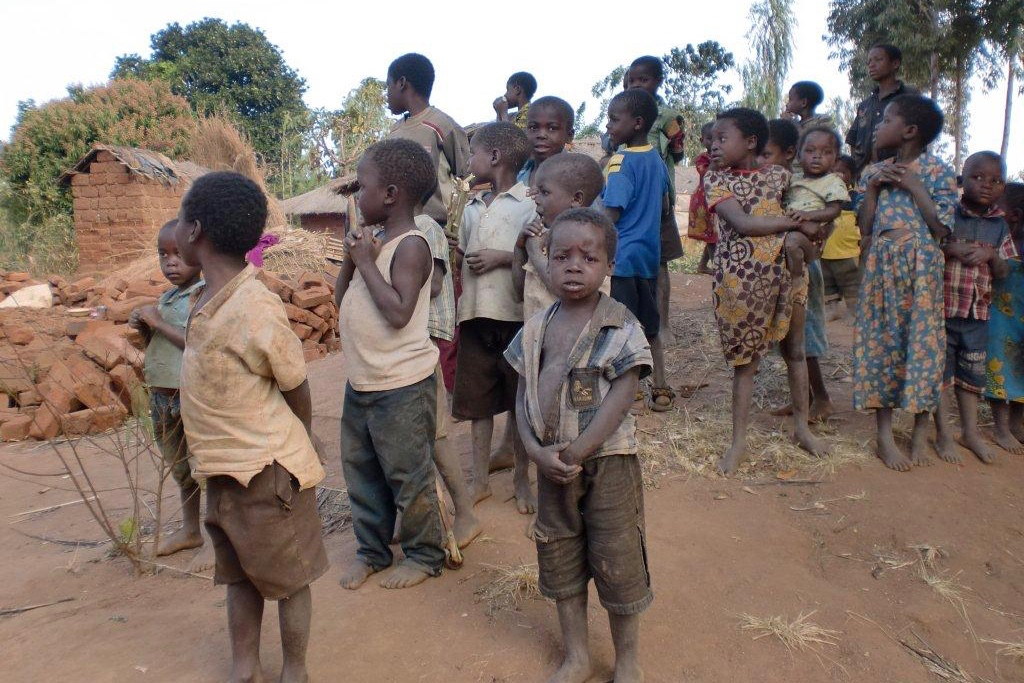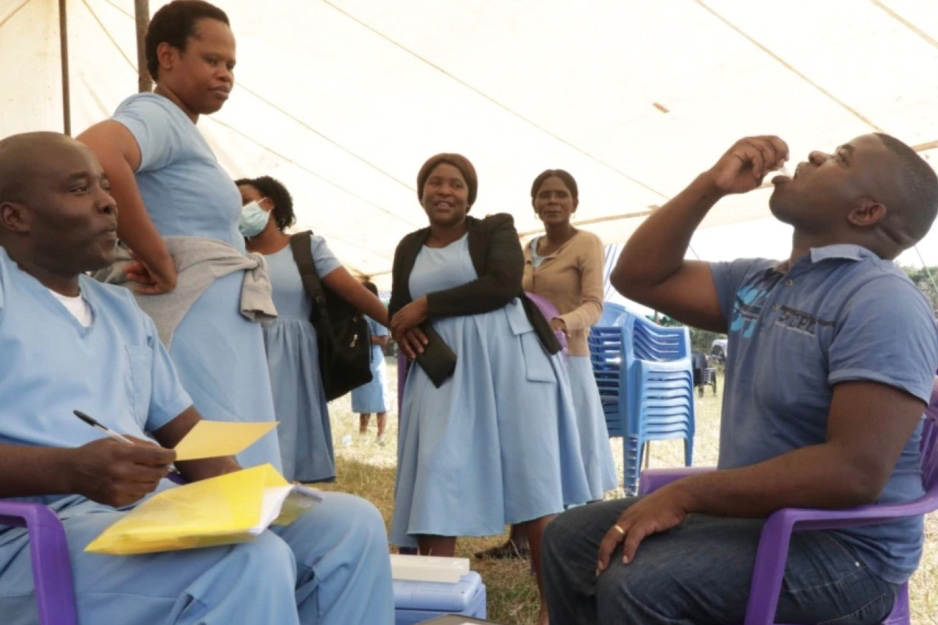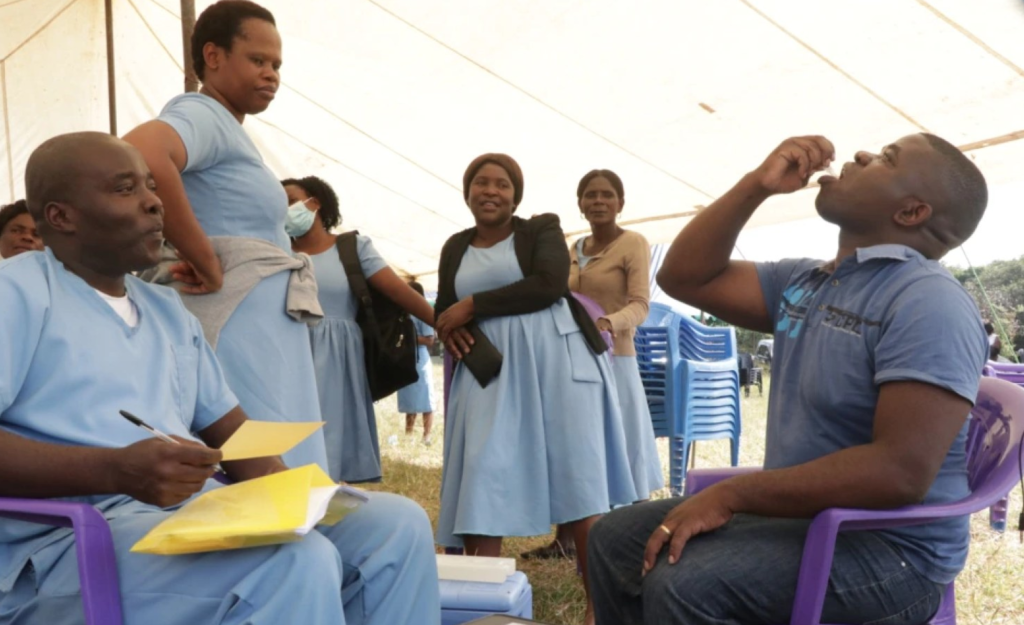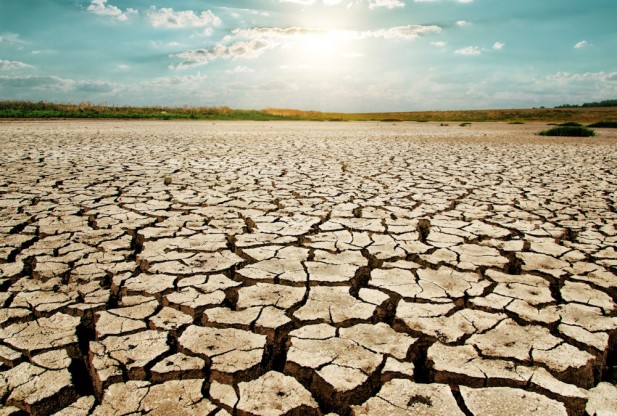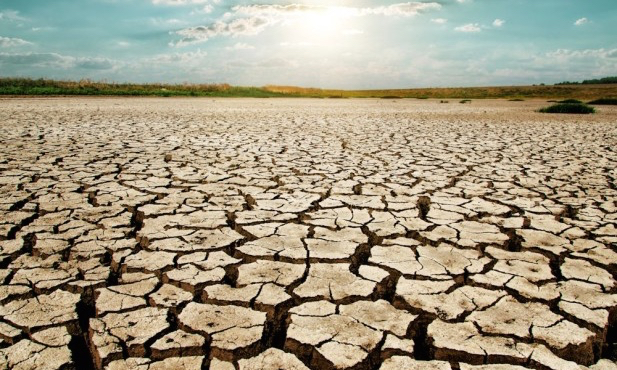Voice of America
By Lameck Masina
Blantyre — Despite a nationwide vaccination campaign that started in May, Malawi is struggling to contain a cholera outbreak that has infected more than 1,073 people and caused 44 deaths.
The figures from the Malawi Ministry of Health, updated as of Aug. 16, 2022, are triple the numbers recorded when the vaccination campaign was launched three months ago.
The report also says the outbreak has spread to 10 districts from eight in May. The hardest hit districts include Blantyre with 489 cases, Neno with 128 cases, and Nsanje with 289 cases.
George Mbotwa, spokesperson for a health office in Nsanje district, which borders Mozambique south of Malawi, said continued incidents of cholera in the district are largely because of movements of people between the two countries.
“What is worrisome is that we have now continued to record the cases when by now we would have contained the situation,” he said. “It’s because some of these cases we are sharing with Mozambique. So, the cases will be coming from Mozambique and then reporting to health facilities in Nsanje, then being recorded as Nsanje cases.”
Mbotwa said the situation is slowly improving, after officials on the Mozambican side agreed during recent discussions to set up cholera treatment sites on their side of the border.
“The Mozambican side by then didn’t have cholera treatment sites, and now they have them there, so people are able to report the cases right there, unlike coming with cases to Malawi,” he said. Cholera is an acute diarrheal infection caused by ingesting food or water contaminated with bacteria. The disease affects both children and adults, and if untreated, it can kill within hours.
Penjani Chunda, environmental health officer in Blantyre, said although Blantyre is largely an urban area, cholera cases are on the rise because most people fetch water from unprotected sources like rivers and streams.
“In most parts of Blantyre, we don’t have portable water sources,” he said. “It might be like an urban setup, but it has no portable water sources, and we have got dry taps in some of the areas and [water] kiosks are not working at all.”
The spokesperson for the Health Ministry, Adrian Chikumbe, said health authorities are currently distributing chlorine for water treatment, and providing public education on good hygiene.
Chikumbe also hopes the second phase of the national oral cholera vaccination campaign, which is expected to start soon in the most-hit districts, will help contain the situation.
